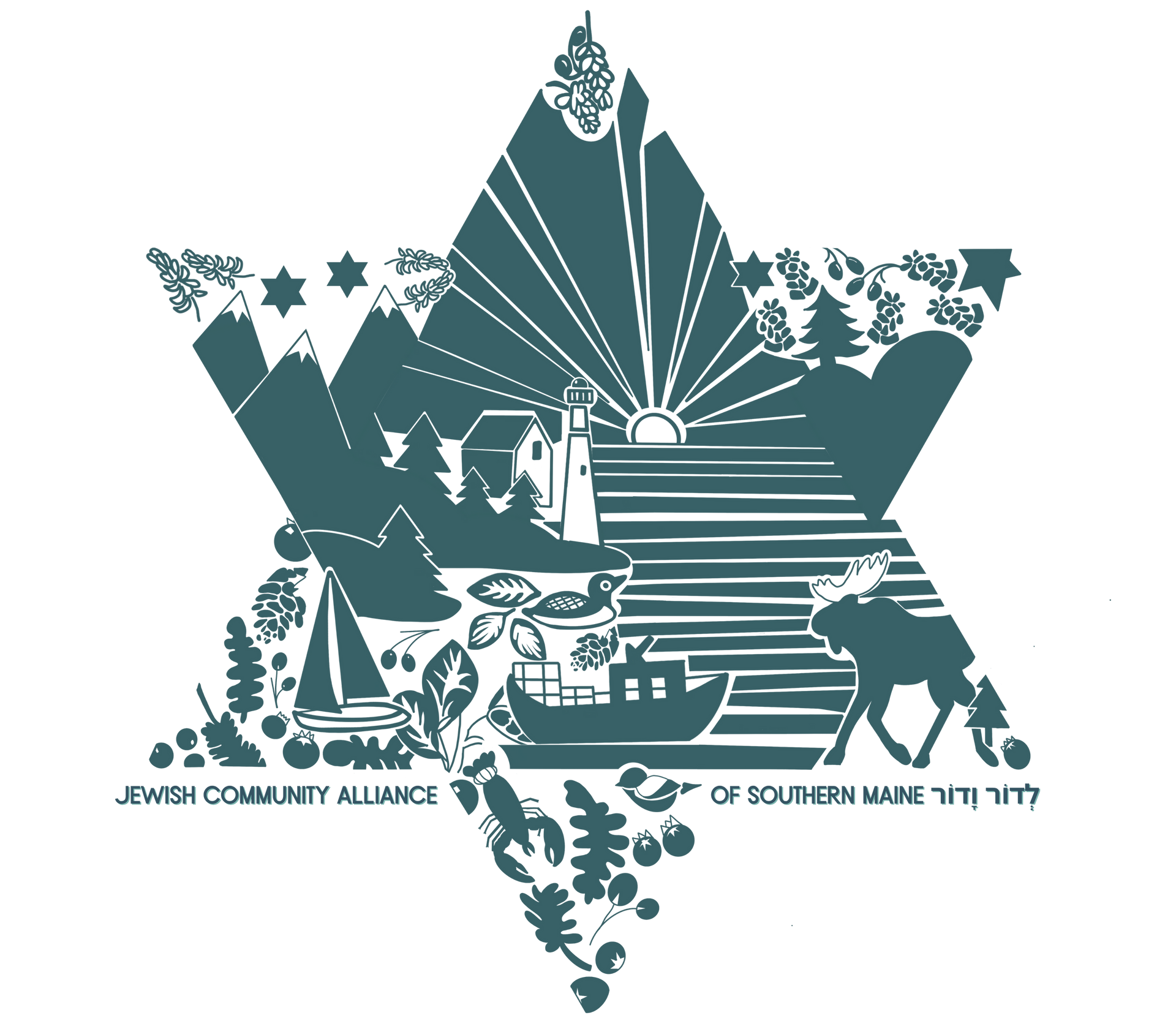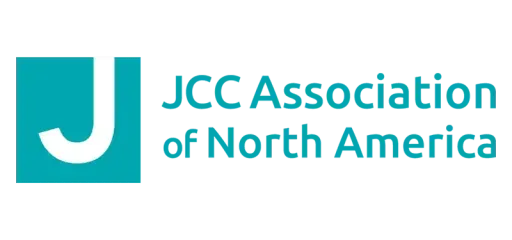The History of Bagels: From Tradition to Trend

The bagel, that beloved ring-shaped bread, has traveled a long journey through time and geography to become a staple in Jewish cuisine and a favorite breakfast item worldwide. Its story is as rich as its flavor, steeped in tradition and innovation.
Bagels in Jewish History
The origins of the bagel can be traced back to Jewish communities in Eastern Europe, particularly Poland, during the early 17th century. The first written mention of bagels appears in 1610, in the Community Regulations of Krakow, where bagels were noted as a gift to be given to women after childbirth. This suggests their symbolic association with fertility, continuity, and life—qualities reflected in the bagel’s circular shape, representing eternity and unity.
The bagel’s rise in Jewish communities can also be attributed to practical reasons. Its dense, chewy texture allowed it to stay fresh longer, making it a practical food for working-class families. Additionally, the dough was boiled before being baked, creating a crust that preserved the bread's moisture and made it easy to transport.
The Bagel Comes to America
Jewish immigrants brought the bagel to America in the late 19th and early 20th centuries, settling in cities like New York, where bagel-making became a thriving industry. Bagel bakers often belonged to powerful unions, such as the Bagel Bakers Local 338, which dominated production in New York City during the mid-20th century. These bakers adhered to traditional methods, hand-rolling and boiling each bagel before baking them in wood-fired ovens.
By the 1960s, bagels had begun to expand beyond Jewish enclaves, thanks in part to mass production and marketing innovations. The Lender’s Bagels company, founded in 1927, played a major role in popularizing bagels across America by introducing frozen bagels that could be easily transported and stored.
Bagels Today: A Global Phenomenon
Today, bagels have become a global food phenomenon, appearing on menus from Montreal to Tokyo. While traditional flavors like plain, sesame, and poppy seed remain popular, modern variations include everything from rainbow bagels to flavors like jalapeño-cheddar and chocolate chip. The “everything bagel,” with its signature mix of seeds, salt, and garlic, is a contemporary favorite.
Beyond flavor innovation, bagels have taken on new roles in global cuisine. Sandwiches, pizza bagels, and bagel breakfast sandwiches have all emerged, showcasing the bagel's versatility. Meanwhile, artisanal bakeries and bagel shops have revived interest in traditional techniques, offering hand-rolled, boiled, and hearth-baked bagels that honor their origins.
A Symbol of Resilience and Community
The bagel’s enduring popularity is a testament to its universal appeal and its deep roots in Jewish history and culture. For Jewish communities, it remains a symbol of resilience, adaptability, and connection. Whether served with lox and cream cheese at a family brunch, or enjoyed simply with butter, the bagel carries with it a story of tradition, migration, and creativity.
Next time you savor a bagel, take a moment to appreciate the journey it’s taken—from Krakow to your plate—and the rich history baked into every bite.







